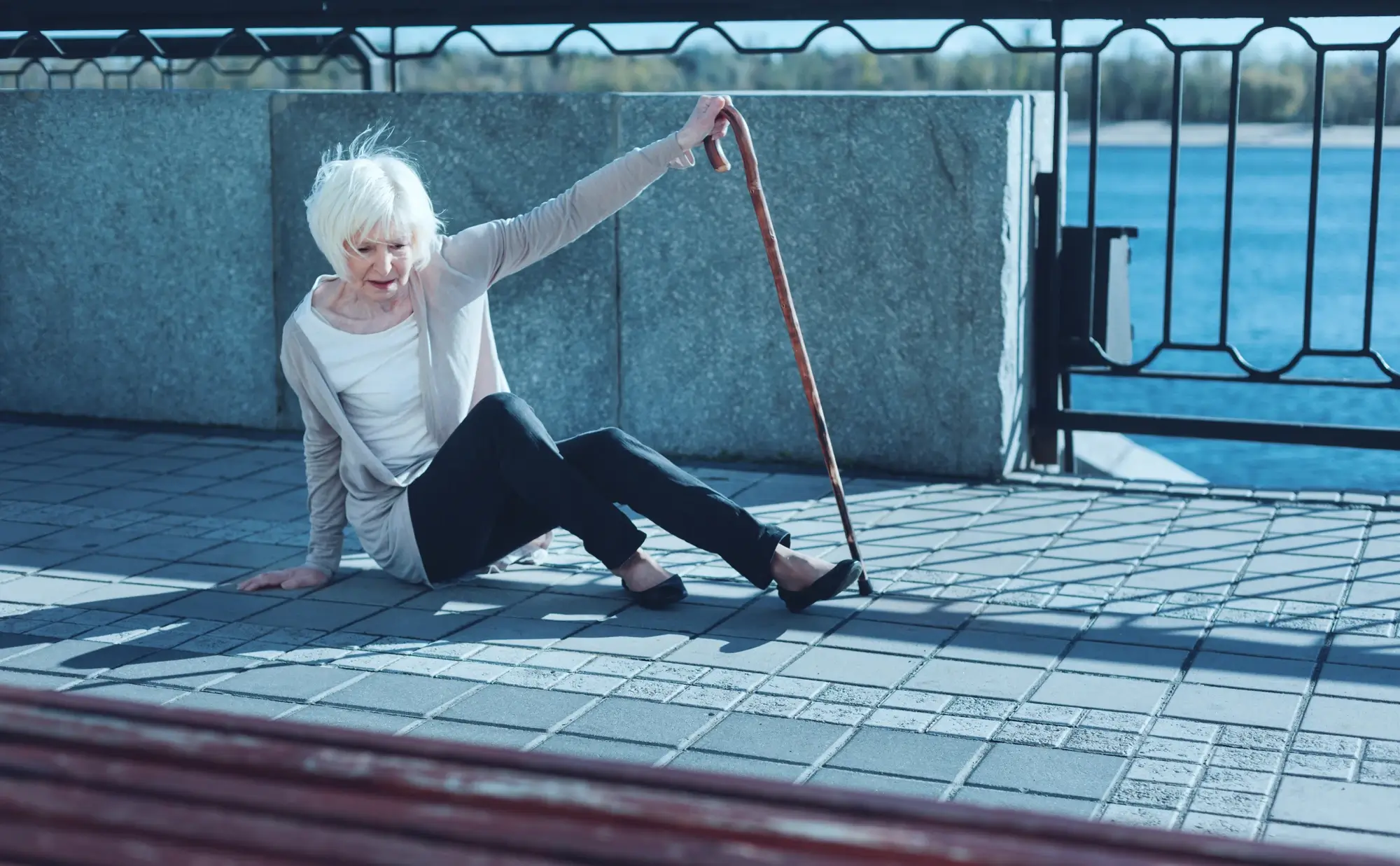Blog
Blog
Hearing loss: an overlooked fall risk for seniors

Did you know falls are the leading cause of serious injuries among older adults in Canada? Even mild hearing loss can make you more likely to fall. Understanding the connection between the two can help you reduce your chances of injury.
How hearing and balance are connected
Balance and hearing are directly connected because they share the same neural pathway in the brain. Hearing loss contributes to decreased spatial awareness, making it more difficult to gauge where your body is in relation to other people or objects around you. This can make you more likely to stumble and fall.
Moreover, hearing loss requires an increased cognitive load. When your brain works harder to interpret sounds, you have fewer cognitive resources to maintain your position and posture. Your balance gets impaired, putting you at increased risk of falling.
Fall prevention tips for seniors
Exercising regularly and wearing well-fitting, flat shoes are great ways to minimize the risk of dangerous falls. Here are a few additional tips.
- Light up your space. Keep your home brightly lit to avoid tripping on hard-to-see objects. For example, use night lights and keep a lamp within easy reach of your bed.
- Remove tripping hazards. Securing loose rugs and removing large objects from high-traffic areas can help reduce your risk.
- Use assistive devices. If you feel unsteady on your feet, use a cane or walker to help you stay balanced.
Bed rails and positioning supports are also great solutions for elderly people at risk of falling out of bed.
Audiology testing for balance issues
Hearing loss tends to happen gradually; it can take years to notice a change. Common signs your hearing may be changing include:
- Frequently asking family members to repeat themselves
- Difficulty hearing in places with background noise
- Others telling you the TV or radio is too loud
- Fatigue after listening for long periods
Once you turn 50 years old, it’s recommended to have a hearing test roughly every three years. Addressing hearing loss is a critical piece of reducing the risk of falls.
Alberta Aids to Daily Living (AADL) runs several senior hearing aid assistance programs. If you’re an Alberta resident, 65 years or older, you may qualify for funding towards hearing aids or a personal listening device once every 5 years.
Can hearing loss cause falls?
A common problem that can impair balance and walk is hearing loss. The inability to hear sound can cause someone to misjudge the distance of an object or stumble.
Research shows a possible link between hearing loss and falls, but we don’t know exactly how hearing loss may lead to falls. Some have suggested that hearing loss may be a contributing factor for falls because it affects balance and mobility, while others believe that both conditions may share a common underlying cause such as reduced muscle strength or sensory perception.
How does hearing loss affect you physically?
Hearing loss is a serious health issue that affects millions of people around the world. It also has an impact on your physical health. For example, hearing loss may contribute to balance issues and lead to falls.
Hearing tests in Alberta
If you suspect your hearing is affecting your balance, the audiologists at Soundwave Hearing Care can help. We’re committed to helping our patients better connect and communicate with the world around them. We offer comprehensive hearing tests and have a wide hearing aid selection. Contact us to schedule a hearing evaluation.
All the blogs are reviewed and edited by our clinic's lead audiologist, Dr. Anne Wooliams. Dr. Woolliams is an experienced audiologist specialized in pediatric audiology, auditory processing, and tinnitus/sound sensitivity therapy. She is dedicated to providing top-notch hearing care and helping her clients improve their language and communication abilities. Dr. Woolliams' expertise in literature and linguistics, combined with her passion for helping people improve their language and communication, make her an incredibly valuable asset in the field of audiology. Learn more about Dr. Woolliams.
